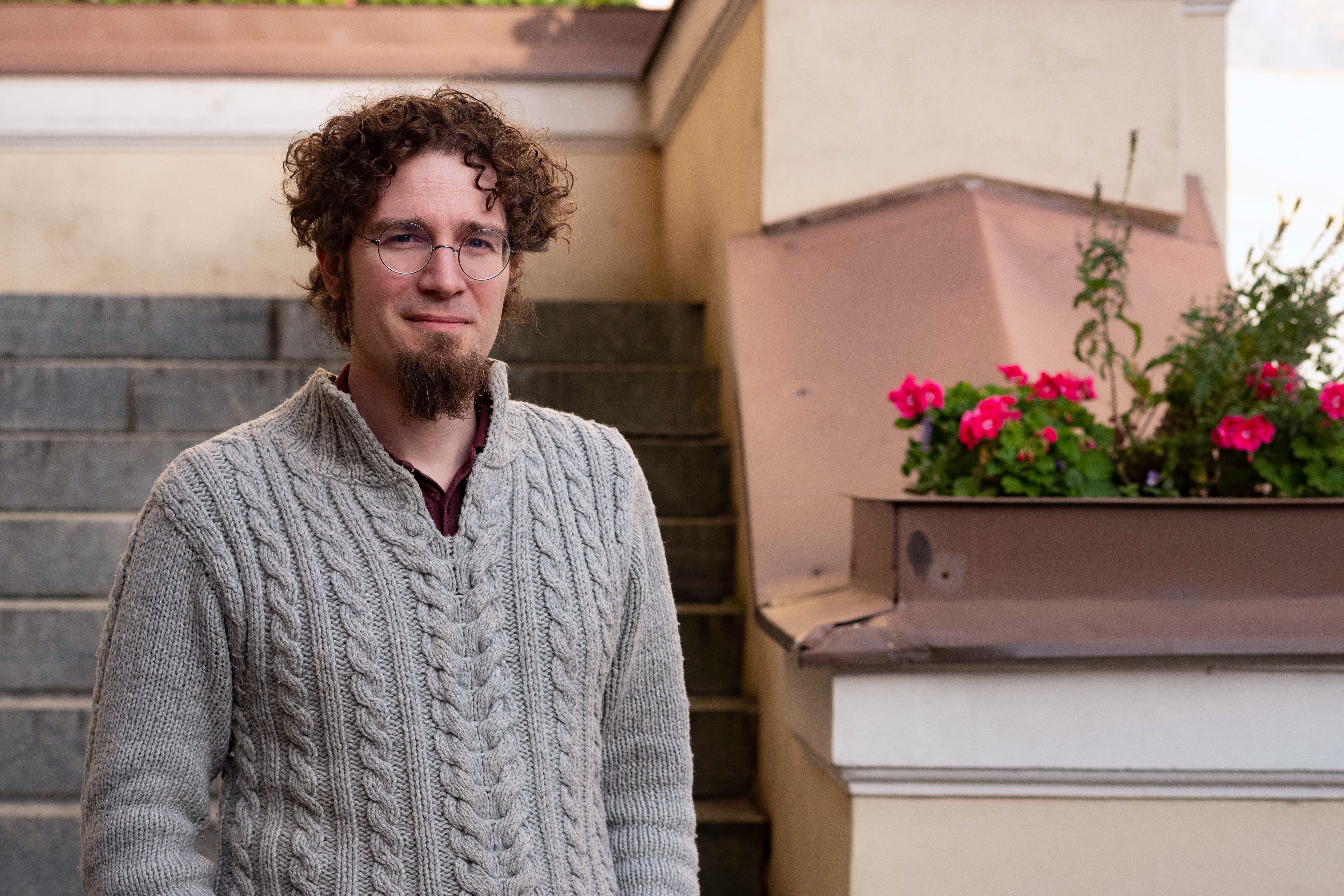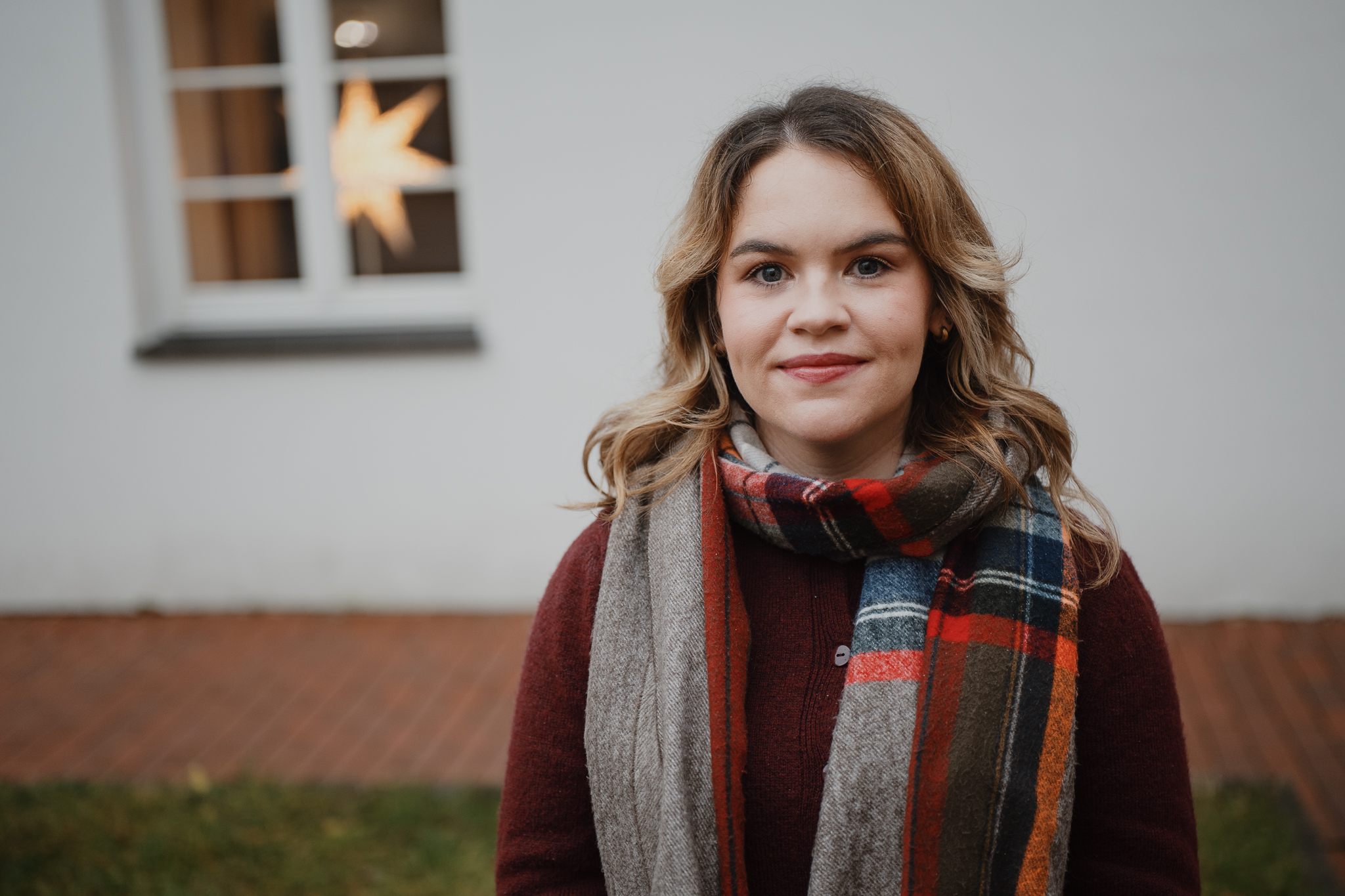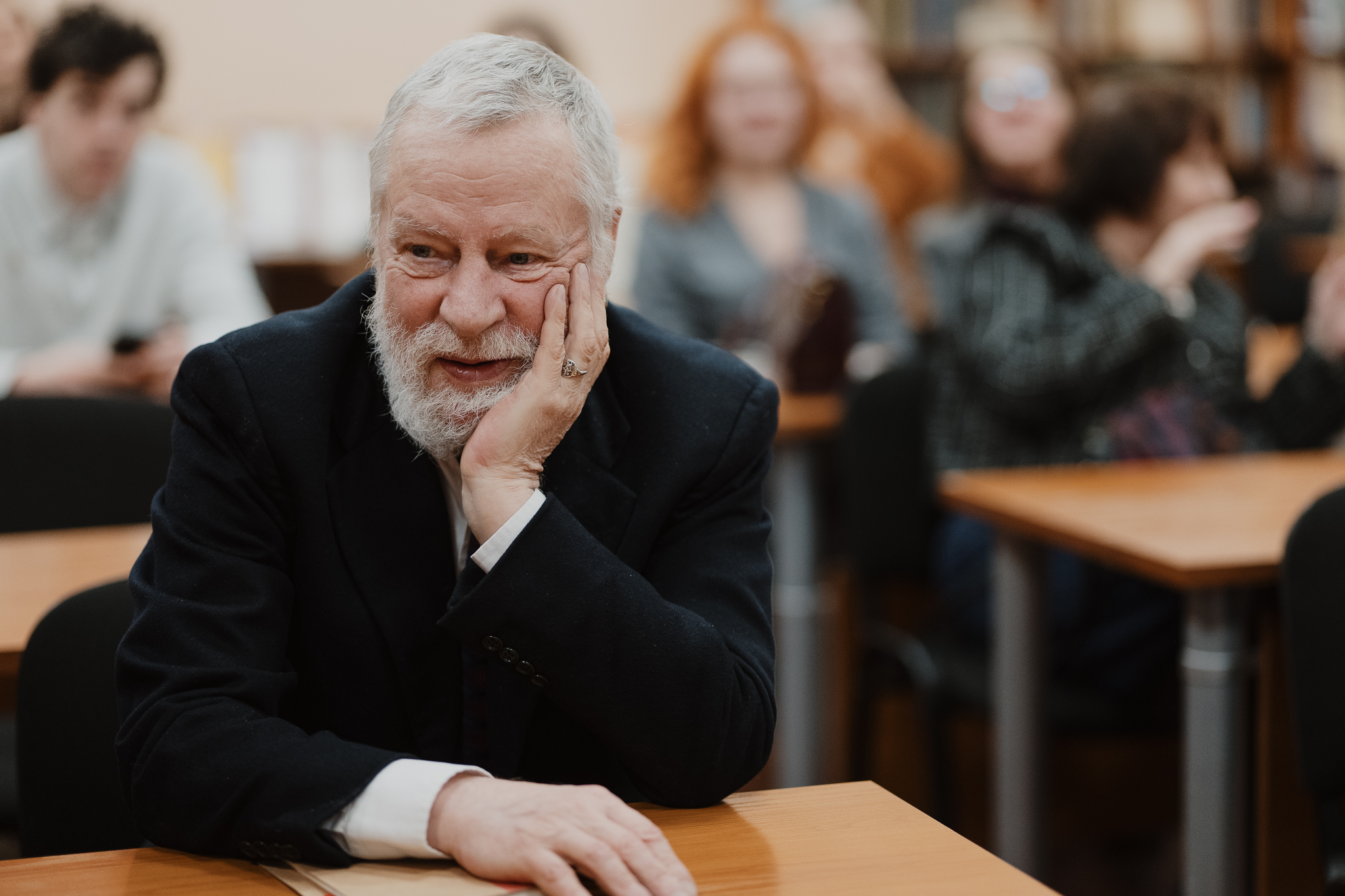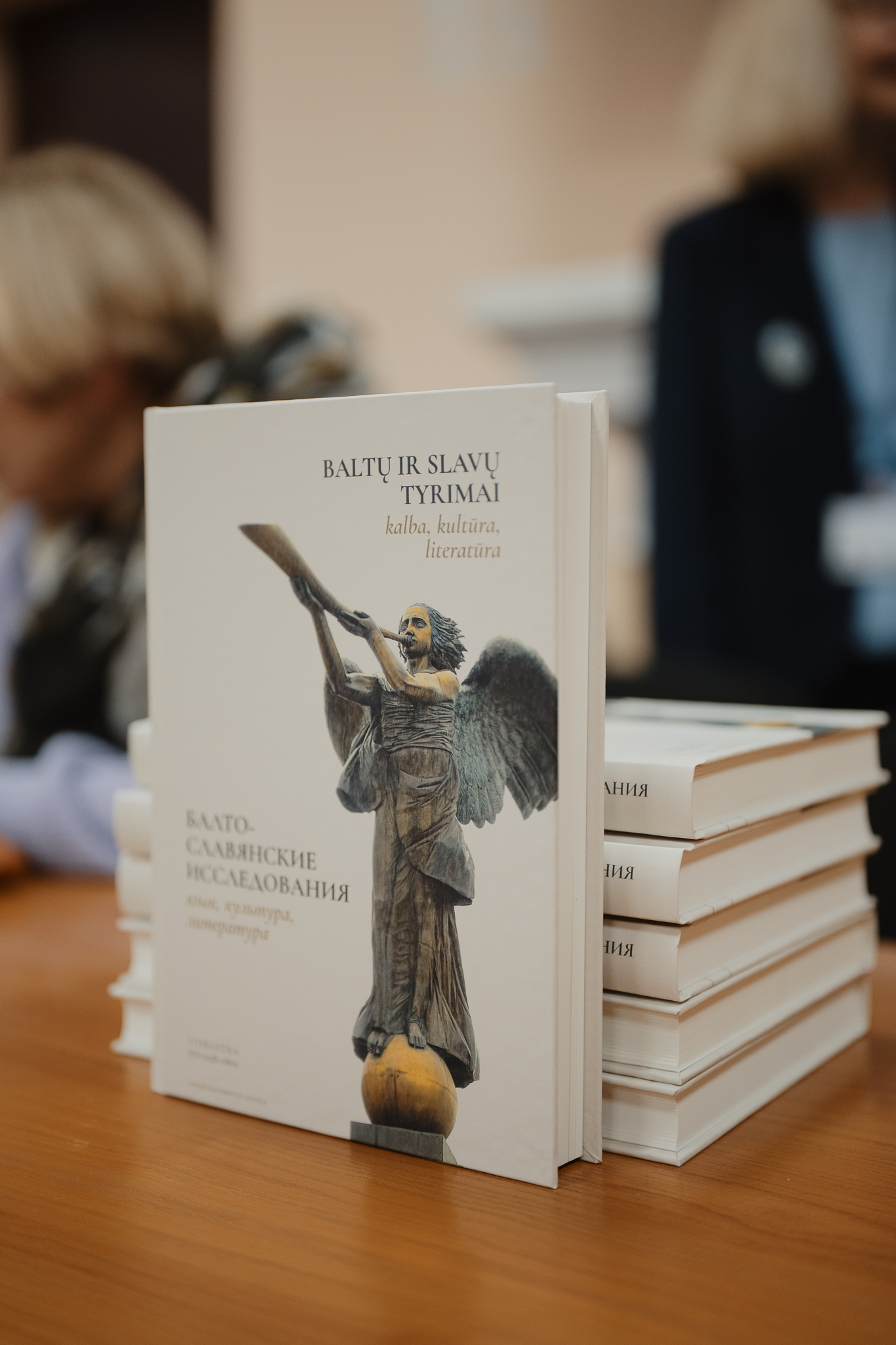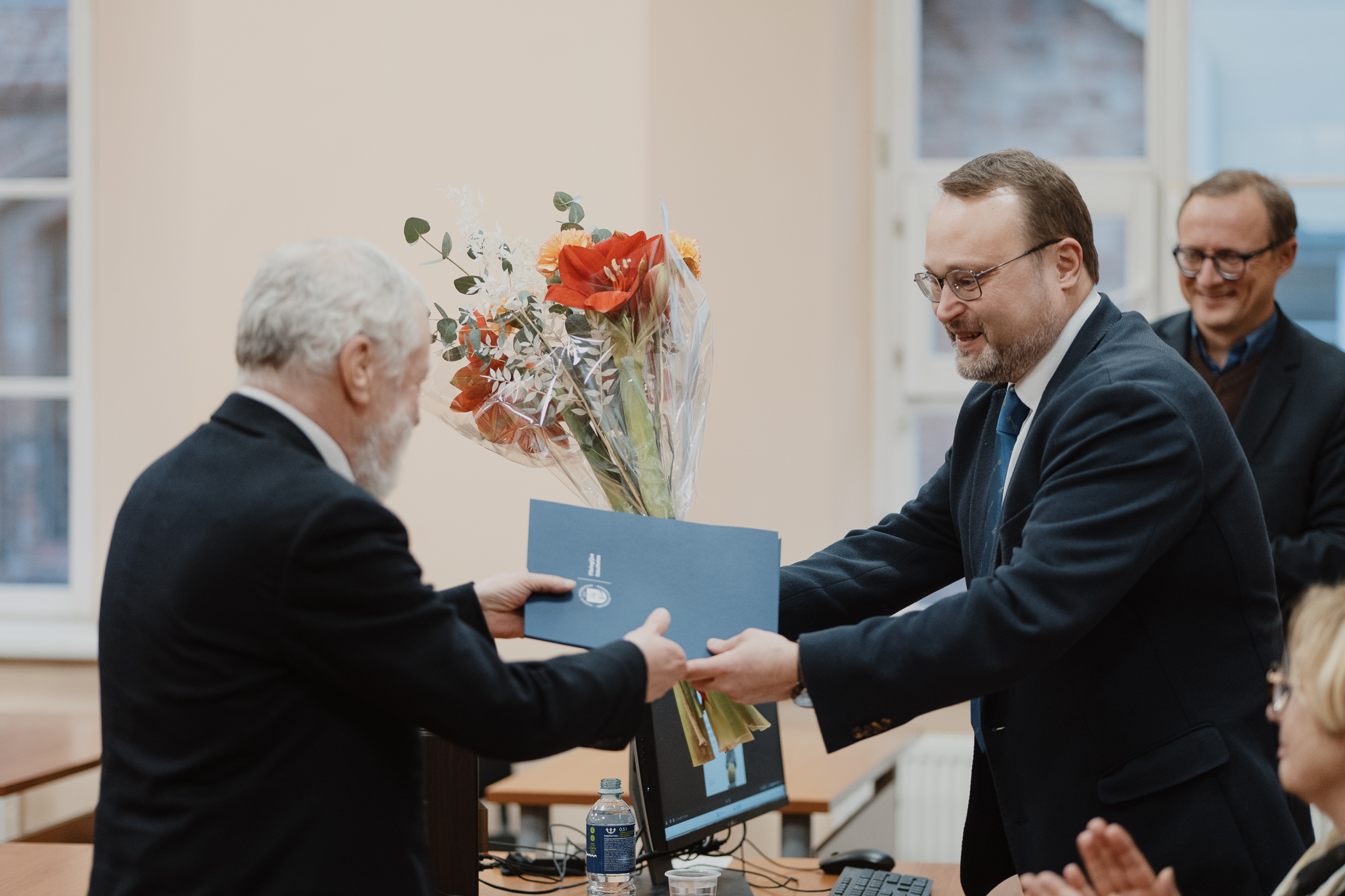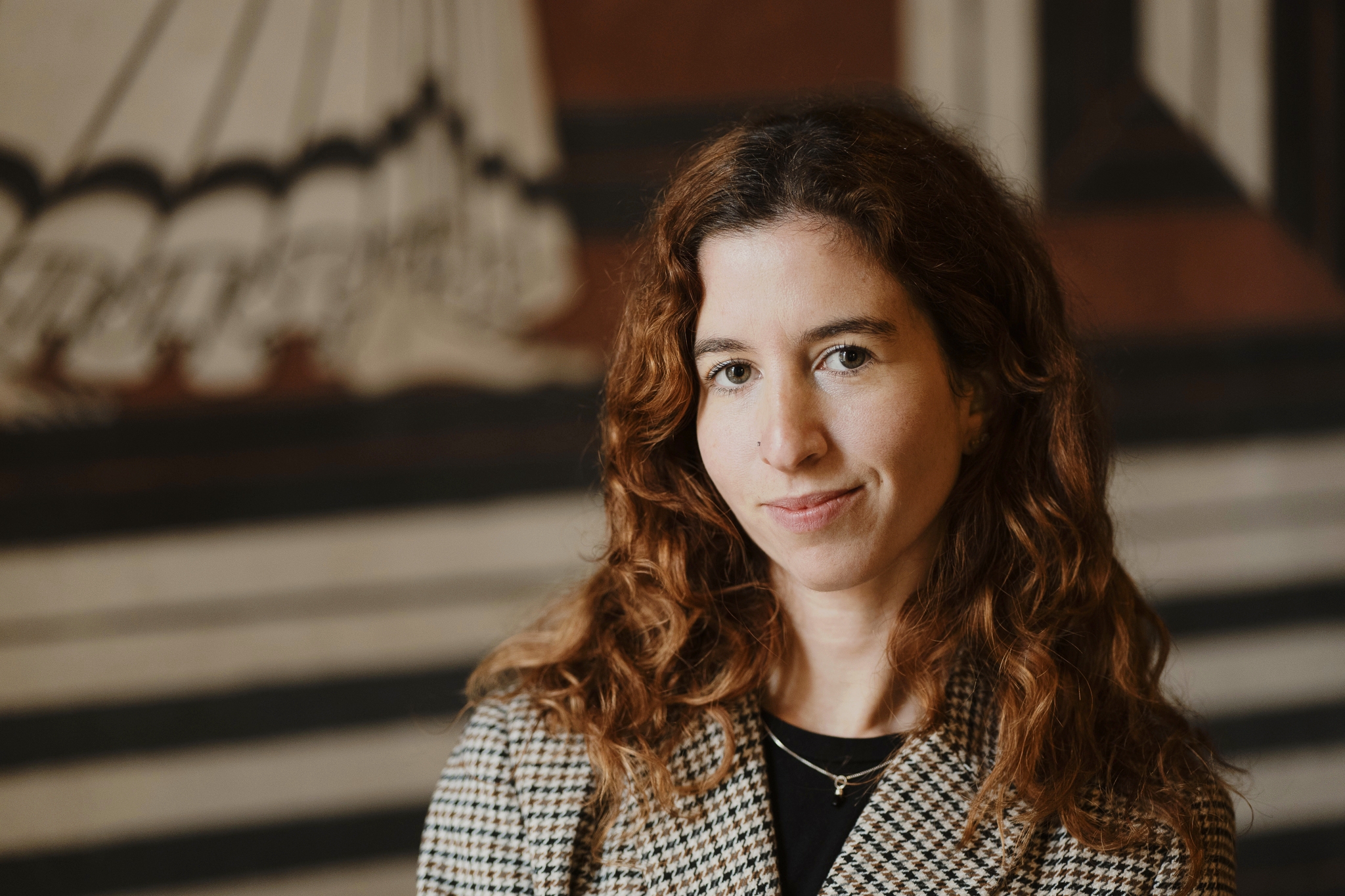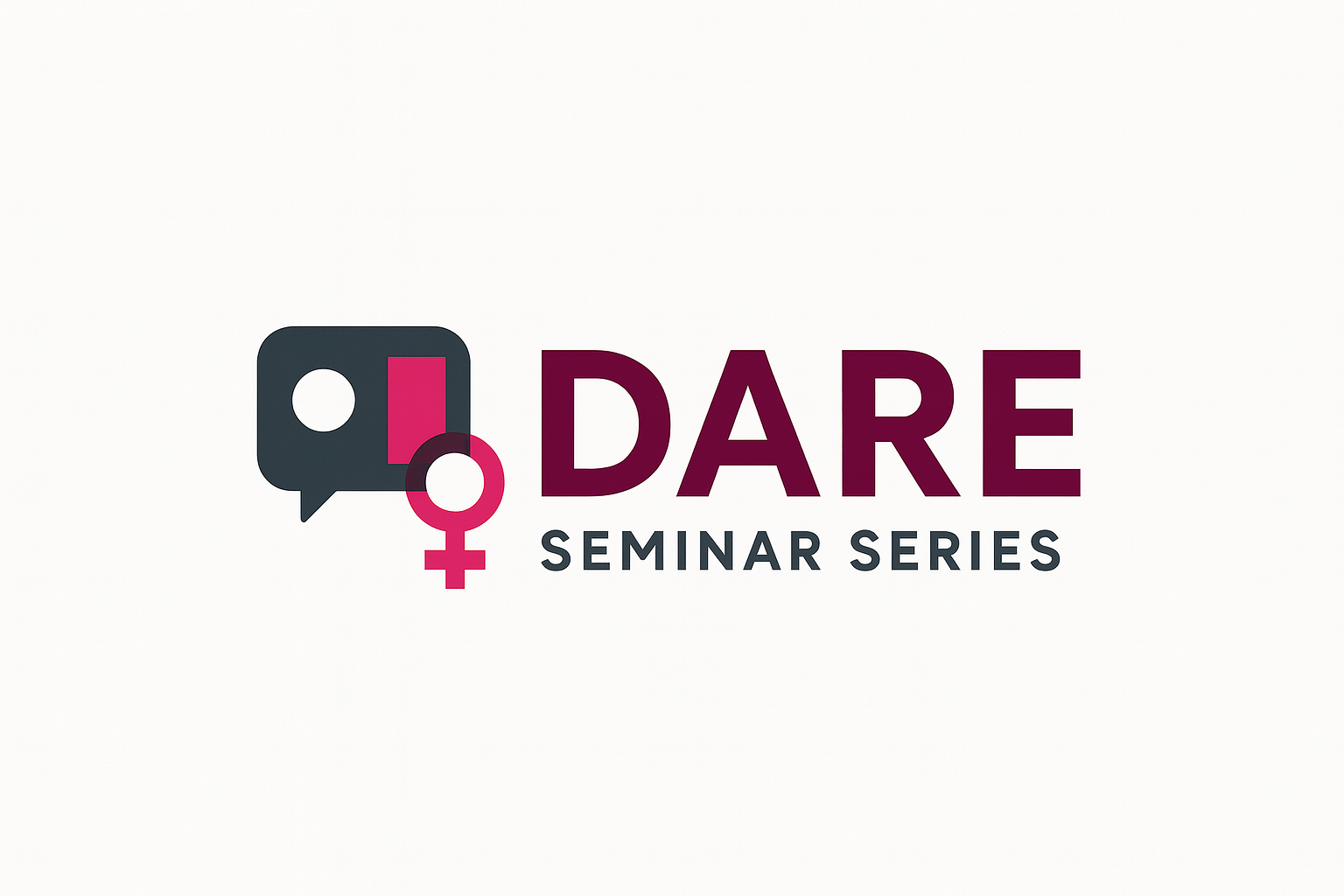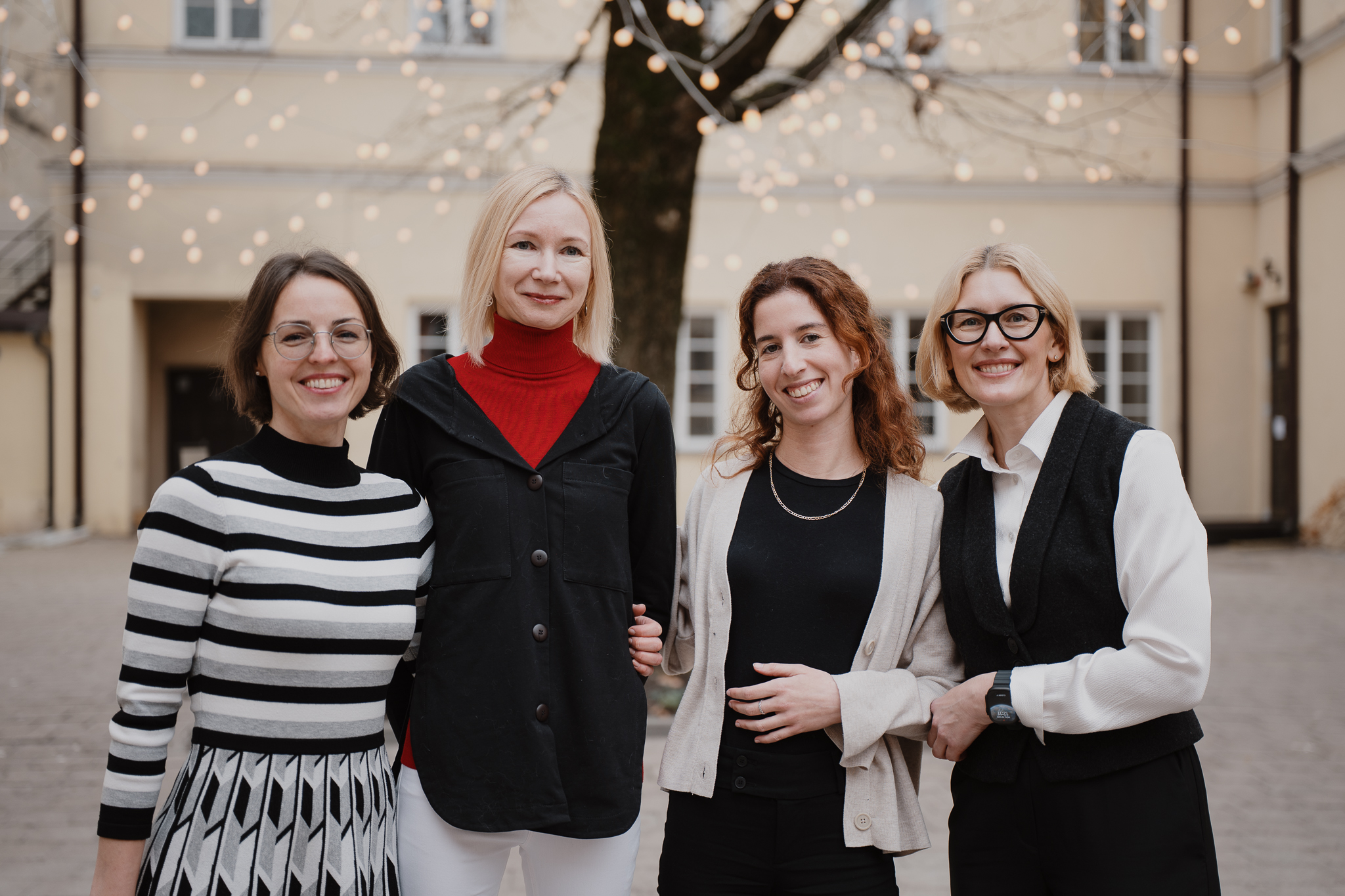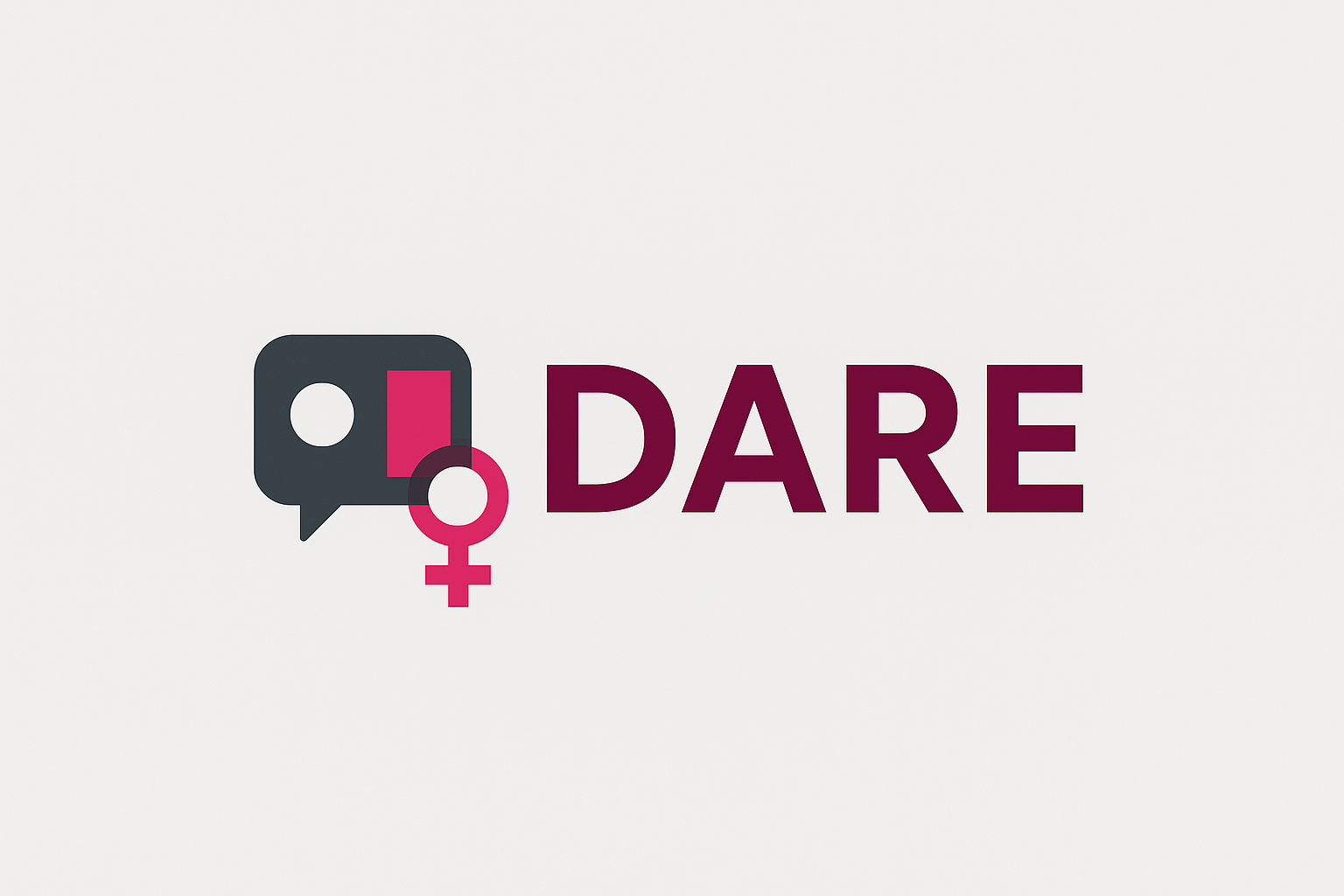The Faculty of Philology at Vilnius University is launching a new project entitled 'Collective Agency: Towards a Three-Part Philosophical Theory'
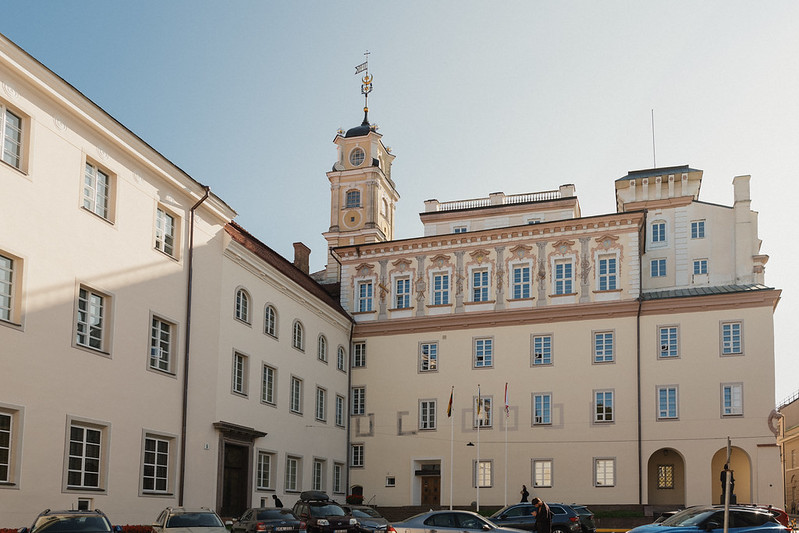
Funded by the Research Council of Lithuanian (LMT), the project 'Collective Agency: Towards a Three-Part Philosophical Theory' will be led by Dr Vilius Bartninkas, a researcher at the Faculty of Philology at Vilnius University. The project research group, which includes Dr Simas Čelutka and Dr Aistė Noreikaitė, will explore contemporary philosophical discussions on social ontology and epistemology.
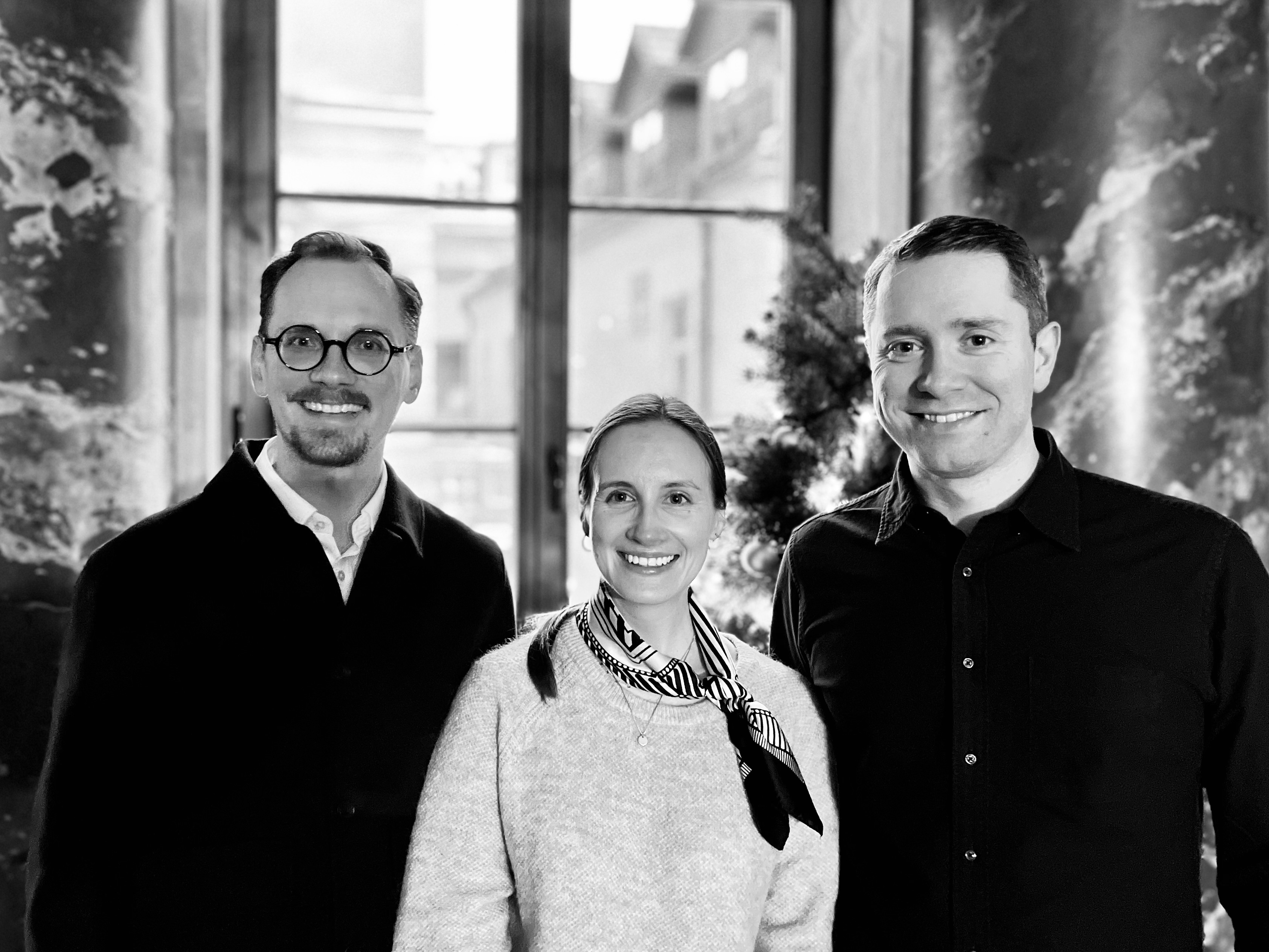
Based on the perspective of ontological individualism, it is commonly believed that real actors are individuals, not collectives. According to this perspective, social phenomena and collective actions are determined by the actions and mental states of individuals. However, this position has been criticised for its undesirable ethical consequences and its inconsistency with practical reality and social facts. In response to these criticisms, scientific discussions over the past few decades have significantly moved towards theorising collective agency — that is to say, towards the position that at least some forms of collective action cannot be reduced to the actions of individuals. The project group will conduct research on this topic, for the first time bringing together thinkers from both the classical and continental traditions (e.g. Plato, Michael Oakeshott and Robert Spaemann). The project will address questions on the conditions, which create group agents, activity, and understanding, by presenting a new theory that sets out an overarching ontological and epistemological justification of collective agency.
The project began in December 2025 and will run until 2028. Its results will be published in scientific articles and a monograph, and national seminars and an international conference will be held.

